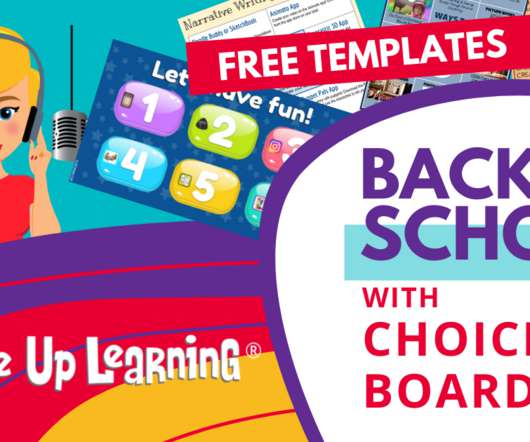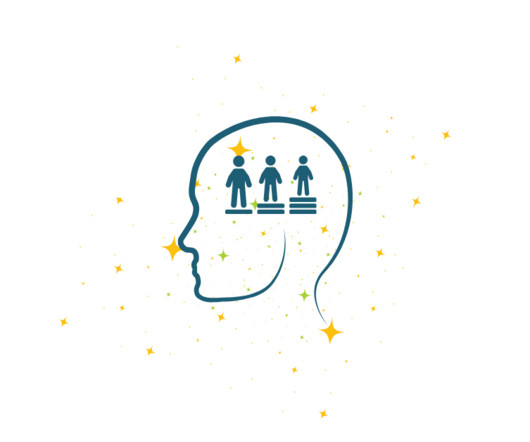Universal Design for Learning: What Educators Need to Know
Waterford
AUGUST 6, 2021
The Universal Design for Learning (also known by its abbreviation UDL and occasionally just “universal learning”) is an educational framework designed by CAST, an educational research organization located in Boston. At the core of the UDL framework is providing students with the individualized support they need to succeed.















Let's personalize your content